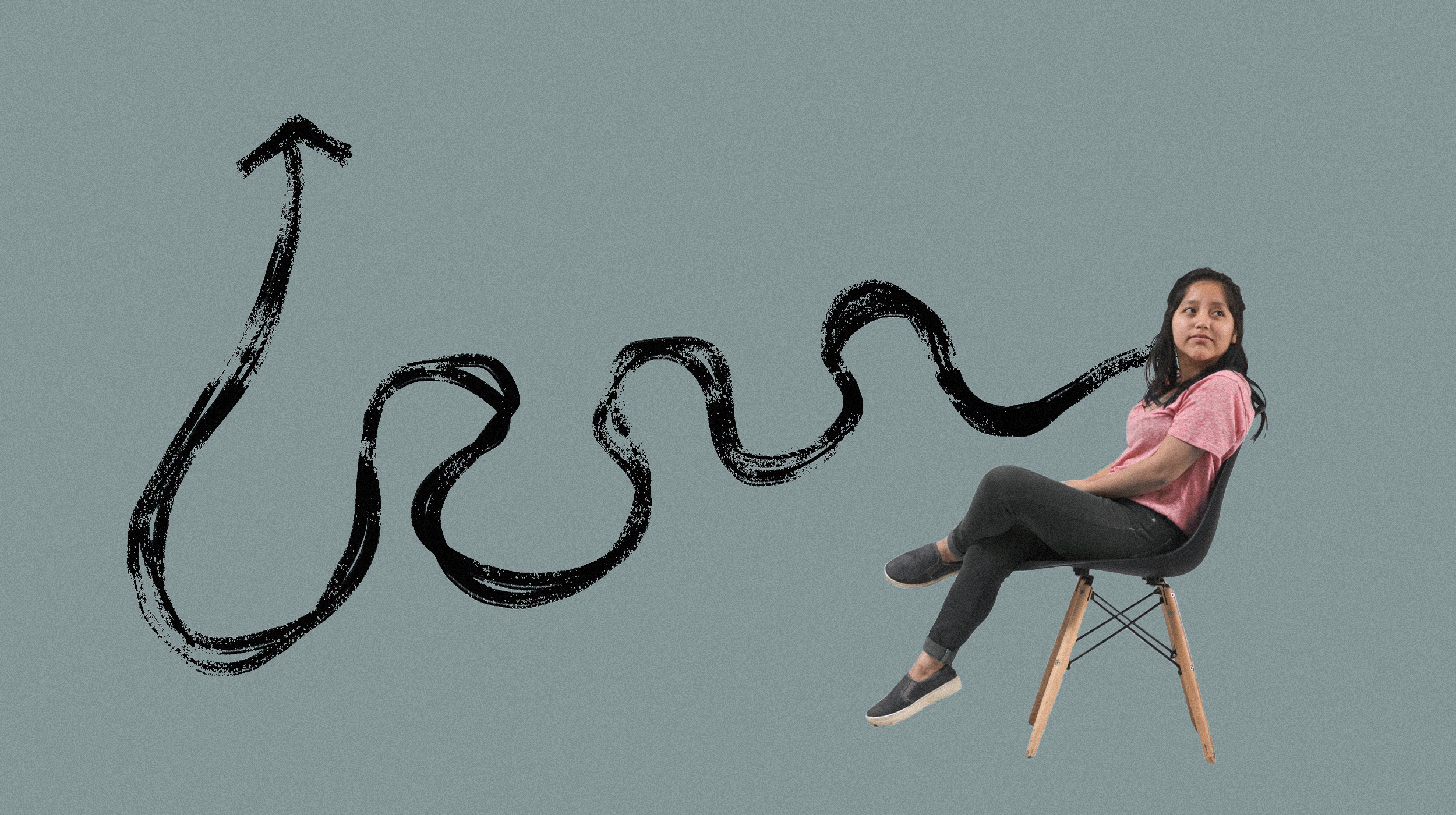Neuropsych
All Stories
A joint study by two England universities explores the link between sex and cognitive function with some surprising differences in male and female outcomes in old age.
A new study may help us better understand how children build social cognition through caregiver interaction.
To create wiser adults, add empathy to the school curriculum.
When facing a hard decision, consider choosing change over inaction.
Online dating has evolved, but at what cost?
According to the analysis, the more yoga sessions a person did each week, the less they struggled with depressive symptoms.
A larger vocabulary can be a confidence booster for children and make adults better communicators.
The study provides initial evidence that open, strong postures can improve children’s mood and self-esteem.
Pups in puberty prefer not to listen to their owners.
A researcher talks about the power of music in a crisis.
The distracting nature of modern media is having a terrible effect on what we learn.
Using magnetic nanoparticles, scientists stimulate the adrenal gland in rodents to control release of hormones linked to stress.
This is one of countless studies that prove the positive impact of social connection and intimacy while highlighting the negative impact of isolation and separation.
What makes some psychopaths better able to control their antisocial tendencies?
A new study at UPenn found that effective learning includes mistakes—just not too many.
A critical thinking framework developed by psychologists can help teach mental skills necessary for our times.
Do adults need to be more carefree, in order for their lives to go well?
It may be easiest when you’re young, but the proven benefits of learning a new language at any age cannot be ignored.
A Penn State study finds today’s middle-aged are experiencing much higher stress levels than 30 years ago.
Someday, presumably, we’ll go back to our lives. Our furry buddies will wonder where we went.
Love a good villain? It says a lot about you.
Brain-computer interfaces give scientists their closest look so far at what the human brain does while we’re asleep.
Some hold that mental disorders are brain diseases. Others argue that they’re social constructs used to medicalise aberrant behaviour.
Being aware of this issue is a big first step in helping vulnerable communities (such as those struggling with addiction) combat relapse during this pandemic.
The visual languages of comics and graphic novels are great exercise for developing brains.
Flow Research Collective COO Rian Doris explains how to harness the power of your nervous system to find your flow during a pandemic.
Young people could even end up less anxiety-ridden, thanks to newfound confidence
In order to gain more from spending time alone, it is important to be open to the benefits that solitude can bring.
It’s normal if you’re not productive in your creativity all the time. Even the greats took breaks.
▸
4 min
—
with





























